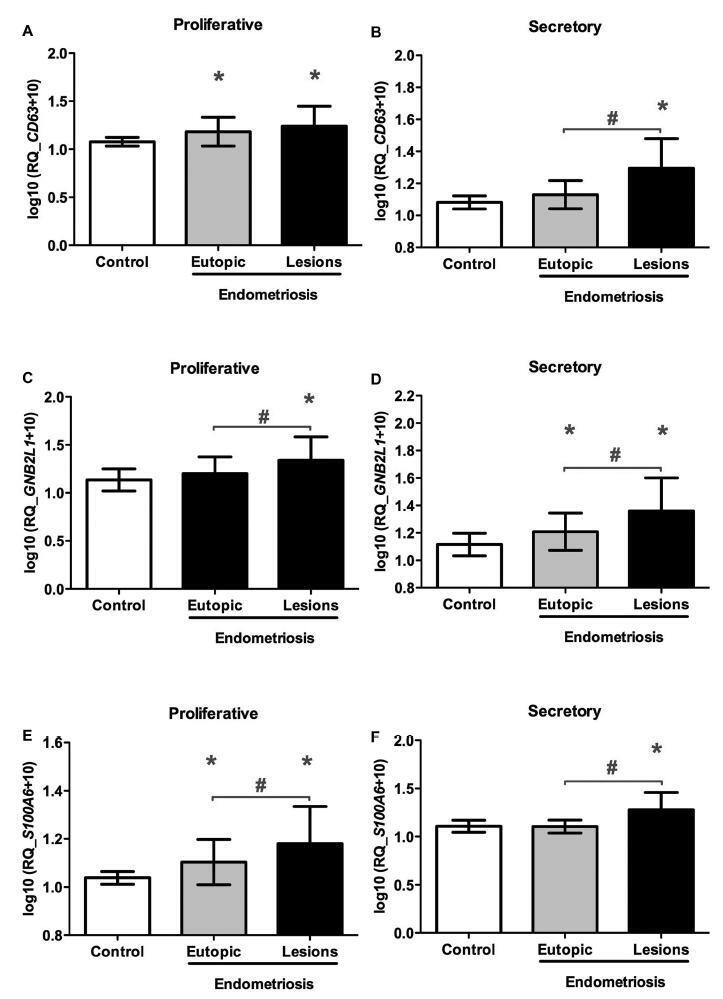Summary
Revista Brasileira de Ginecologia e Obstetrícia. 2022;44(3):214-219
01-31-2022
To assess the influence of oxidative stress on the gene expression of nitric oxide synthases (NOS 3 and NOS 2) and, hence, the cardiovascular responses in preeclampsia.
This was a case control study in which patients with preeclampsia (PE group) and normal pregnancy controls (NP group) were included according to the guidelines of the American College of Obstetricians and Gynecologists (ACOG). The serum levels of malondialdehyde (MDA), total antioxidant capacity, and nitric oxide (NO) were estimated, and the heart rate andmean arterial pressure were recorded. The gene profiling of NOS3 and NOS2 was performed through real-time polymerase chain reaction (RT-PCR). The statistical analysis was performed using the Student t-test, and values of p<0.05 were considered statistically significant.
The serum levels of malondialdehyde were increased (p<0.0001), and the total antioxidant capacity was reduced in the PE group (p=0.034), indicating oxidative stress. In the PE group, themean arterial pressure was significantly higher (p<0.0001), but the serum levels of NO did not show a statistically significant reduction (p=0.20). The gene expression profiling of NOS3 and NOS2 revealed a down regulation in the PE group by 8.49 and 51.05 times respectively.
Oxidative stress may lead to endothelial dysfunction, which could result in increased mean arterial pressure. Nitric oxide may play a role in this mechanism, but interactions with other vasoactive /biological substances cannot be overlooked, as the gene expression of NOS3 and NOS2 has been reduced.
Summary
Revista Brasileira de Ginecologia e Obstetrícia. 2018;40(10):606-613
10-01-2018
The aim of the present study was to analyze the expression of the CD63, S100A6, and GNB2L1genes, which participate in mechanisms related to the complex pathophysiology of endometriosis.
A case-control study was conducted with 40 women who were diagnosed with endometriosis, and 15 fertile and healthy women. Paired samples of eutopic endometrium and endometriotic lesions (peritoneal and ovarian endometriotic implants) were obtained from the women with endometriosis in the proliferative (n = 20) or secretory phases (n = 20) of the menstrual cycle. As controls, paired endometrial biopsy samples were collected from the healthy women in the proliferative (n = 15) and secretory (n = 15) phases of the samemenstrual cycle.We analyzed the expression levels of the CD63, S100A6, and GNB2L1 genes by real-time polymerase chain reaction.
An increase in CD63, S100A6, and GNB2L1 gene transcript levels was observed in the ectopic implants compared with the eutopic endometrium of the women with and without endometriosis, regardless of the phase of the menstrual cycle.
These findings suggest that the CD63, S100A6, and GNB2L1 genesmay be involved in the pathogenesis of endometriosis, since they participate in mechanisms such as inhibition of apoptosis, angiogenesis and cell proliferation, which lead to the loss of cell homeostasis in the ectopic endometrium, thus contributing to the implantation and survival of the tissue in the extrauterine environment.
